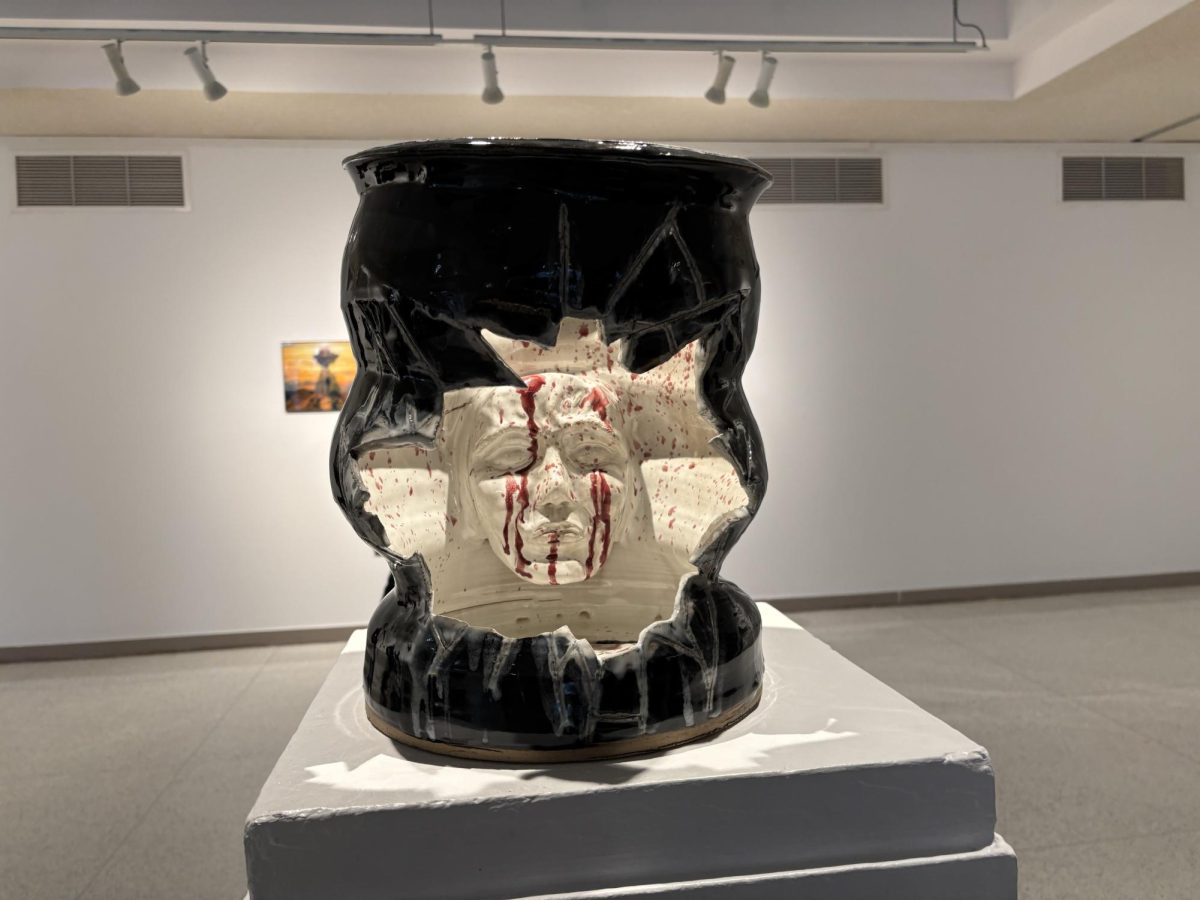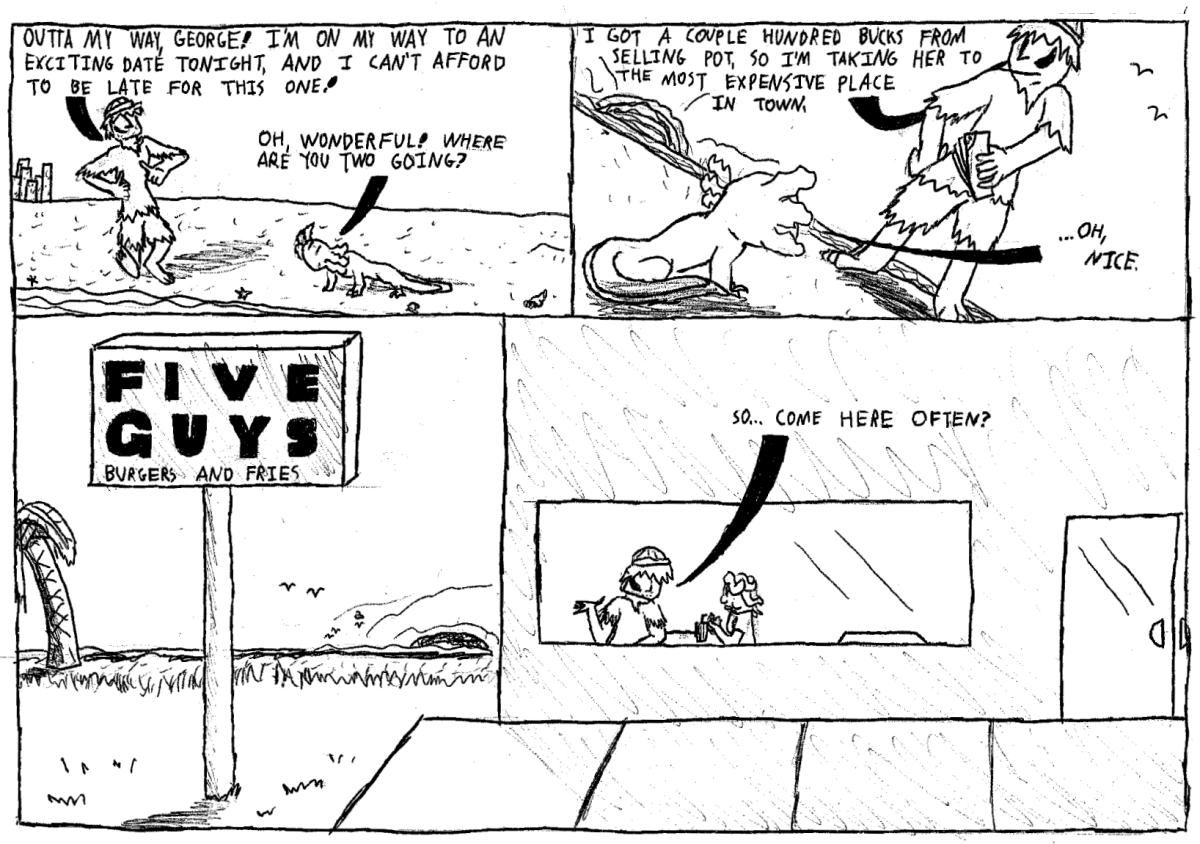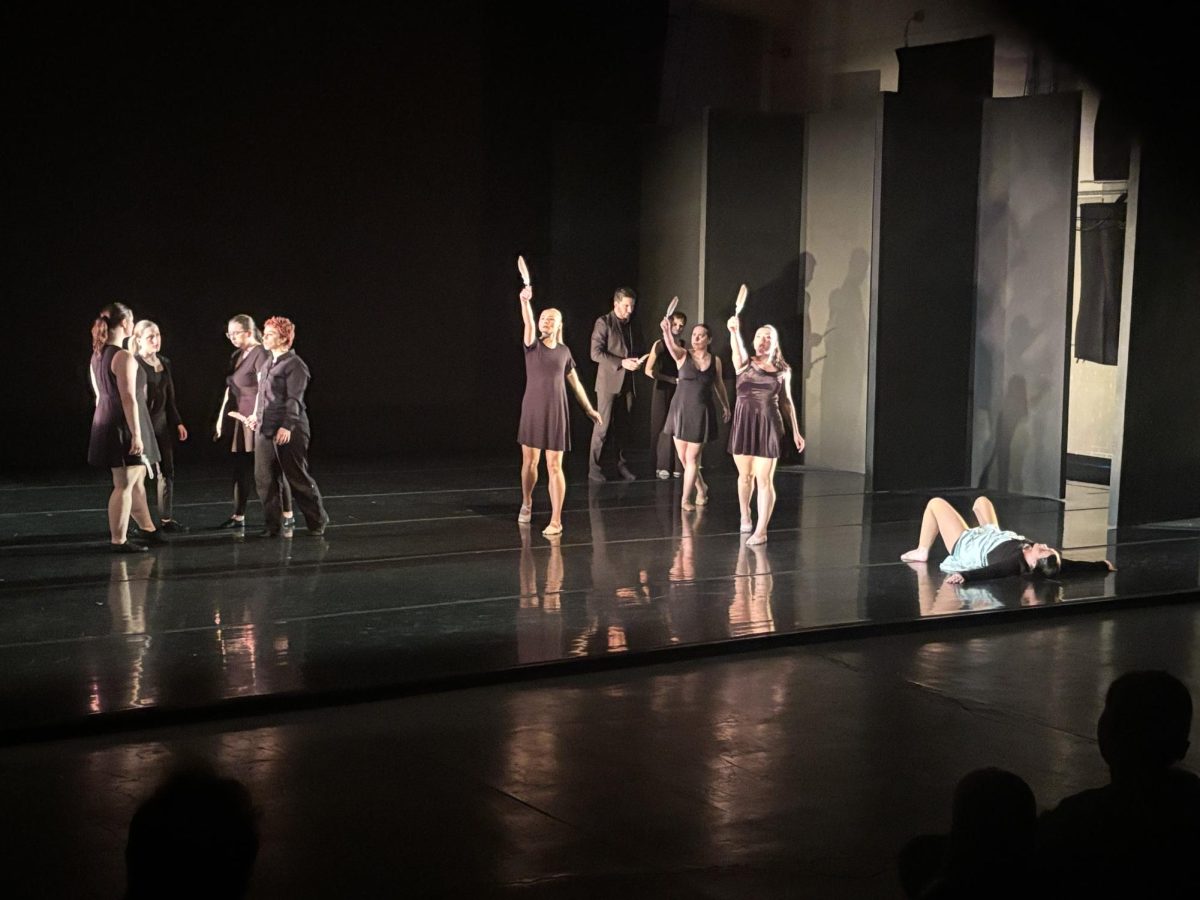Close on the heels of Animal Collective’s 2009 release Merriweather Post Pavilion is Centipede Hz, perhaps this fall’s most anticipated album.
The excitement surrounding the band’s latest release makes perfect sense: Merriweather was an instant classic, not to mention one of the best albums of the decade. A perfect combination of electronic experimentation and pop accessibility, the album brought unpredictable, previously inaccessible experimental tactics from the fringes of indie-dom into the mainstream music community.
In Centipede Hz, the band operates heedlessly at full throttle in a chaotic wash of noisy, electric degraded samples.
We’ve heard this from Animal Collective before, but never to this extent. It’s a far more lively, raw and organic record than its predecessor. Not surprisingly, the band tirelessly honed the songs on the record via concerts, aiming to achieve a more “live sound.”
At times, this raw, unending tirade of chaos works. When it hits, it hits hard.
On lead single “Today’s Supernatural,” co-vocalist Avey Tare’s fluttering, un-tuneful voice fits well amid the group’s fiery mix of equally un-tuneful harmonies, polyrhythms, noise and pounding guitar.
The band sounds unstrung, barely in-tune and on the cusp of falling apart at any given moment.
“Monkey Riches,” another resounding success, begins with a glitchy, pulsating electronic sample. The song then gradually builds up layer upon layer of sound, eventually breaking into a lively, triumphant chorus. Tare’s vocals fit perfectly within the mix, and the band’s new approach is executed to perfection.
Again, at times, this raw, unending tirade of chaos works. But all too often, it feels cluttered and stifled, opting for density over intimacy. This is the album’s biggest flaw.
Merriweather Post Pavilion was great because it seamlessly coupled the band’s experimental approach with some semblance of accessibility. They managed to sound both noisy and intimate.
But Centipede Hz focuses heavily on texture over substance, and the album suffers as a result.
The beautiful, Beatles-esque melody of “Rosie Oh” is reduced to mere filler as Tare’s inconsistent vocals and a flurry of glitchy samples saturate the mix. Noise can be beautiful (e.g. My Bloody Valentine’s Loveless), but when it serves no purpose, it becomes senseless and distracting.
“Father Time” is yet another example of this. Properly executed, it could have been one of the album’s centerpieces, but in a sea of samples and polyrhythms, it sounds messy, busy and monolithic. There is simply nothing to latch onto, and even Tare’s unruly vocals sound lost in the chaos. Even then, it’s a fine track on its own, but the band’s unwavering, headstrong experimentation limits its potential.
Complaints aside, Centipede Hz is not a bad album. It’s cohesive, and no particular song is bad. Melodically and lyrically, the band fires on all cylinders. Their experimental tendencies get the best of them, and instead of sounding tasteful and innovative, they sound more like a group trying too hard to be different. The album’s production reduces a potentially great album into merely a decent follow-up, littered with its fair share of missteps.







